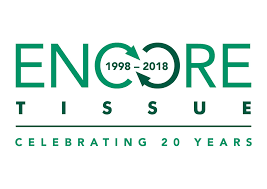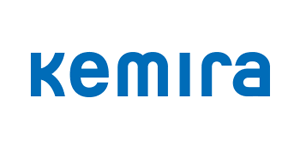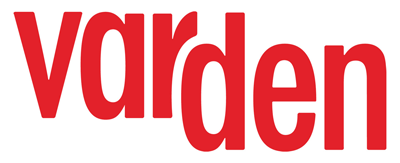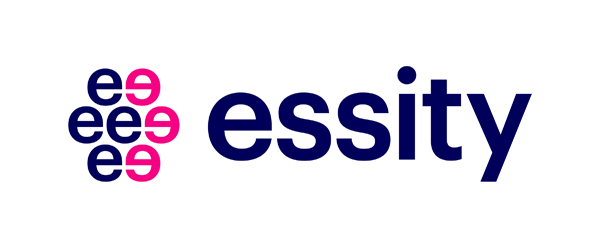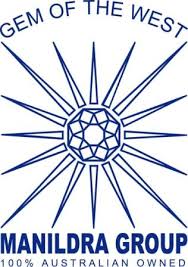Efficient production of xylooligosaccharides
Debjani Ghosh
School of Chemistry, Monash University, Clayton Campus, Vic, Australia
Email: This email address is being protected from spambots. You need JavaScript enabled to view it.
Keywords: Xylan, Xylooligosaccharides, Xylanase, Continuous flow, Microreactor, Enzymatic hydrolysis
Xylooligosaccharides (XOS) are naturally occurring high value biochemicals with potential applications in the food, pharmaceutical and fine chemical industries. They are typically produced and purified from a variety of biomass resources in expensive and inefficient multi-step batch processes, and this high cost of production is a significant barrier to their commercial adoption. A flow-type microreactor was used as a novel and green approach to intensify and increase the efficiency of enzymatic XOS production from beechwood xylan. The xylan hydrolysis performance was compared with the same reaction performed under typical batch conditions. Over 80 g XOS per 100 g xylan was obtained in less than one minute of residence time at the optimum conditions tested in continuous flow experiments. The enzymatic xylan hydrolysis performance was improved, product selectivity was observed and xylan to XOS conversion was three times higher under optimised flow conditions compared to a conventional batch process.
With the increasing commercial development of high-throughput systems, microreactor combined with enzymatic hydrolysis therefore represent a continuous, easily controlled, scalable process to deliver sustainable, high quality XOS. The produced XOS can be utilised as prebiotics or upgraded to other valuable products such as surfactants, hydrogels, food additives, or food packaging materials.

Debjani grew up in India (West Bengal) closer to the Himalayas.
Studied her Bachelors (Hons.) and Masters degree in Chemistry (2008-2013) from University of Calcutta, India.
Worked as a Senior Research Associate at the Unilever global R&D (2013-2018, India).
Moved to Melbourne in 2018 as a PhD candidate at Monash University (enrolled to BioPRIA & School of Chemistry) under supervision of Prof. Tony Patti and Prof. Gil Garnier.
Research topic: Novel application of hemicellulose (pulp & paper industry waste) for consumer goods. Analytical & Safety Lead (volunteering) – Monash BrewLab
Hobbies- Home brewing, traveling, dancing (Bachata)













